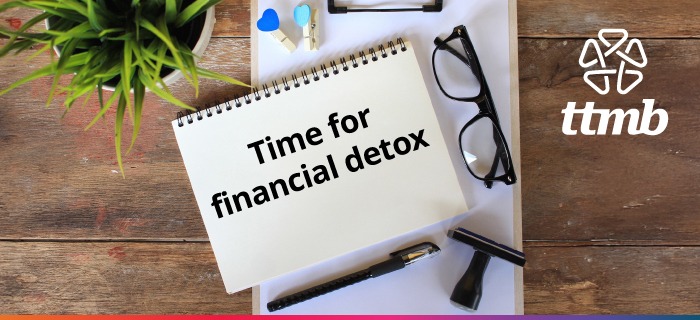Do you really need a ‘license’ to find your dream home? Or do you just need to get familiar with the jargon that you may encounter during the home or land buying process?
When searching for a home or land, or applying for a mortgage, you may hear your lender use several terms or acronyms.
So, if you are ready to buy your first parcel of land, purchase a home, or just really need an acronym refresher, keep this month’s guide handy. Trust me, you will be fluent in the language of home and land purchasing before you know it!
When you have started searching you may encounter…
Downpayment – A downpayment is the amount of money a buyer has saved in order to purchase a property. This can typically range from 5 – 20% of a house or land cost.
Mortgage – A mortgage is a loan that is used to purchase a home or parcel of land.
When you are “shopping around” for a mortgage, you may hear the terms…
Credit History – A credit history is a record of a borrower’s responsible repayment of debts and is used to create a credit report on you. It looks at your payment history on your loans, credit cards, bills and other financial obligations.
Prequalification – This is an evaluation or an early look of a potential borrower’s financial status to determine the size and type of mortgage available to him/her. For example, TTMB’s Pre-Qualification Process analyses your financial information to calculate your price range. Your assessment is based on age, income, and existing financial commitments.
When you are applying for a mortgage…
Agreement for Sale – After having identified the home that you are eligible to purchase, the first step is the signing of an Agreement for Sale between the seller of the home (Vendor) and yourself.
Lawyer’s/ Attorney’s Fees – These are the fees charged by the attorneys for the preparation of Deeds and varies in accordance with the value of the mortgage facility being granted.
Closing costs – Closing costs are the expenses over and above the property’s price that buyers and sellers usually incur to complete a real estate transaction. Those costs may include statutory costs (paid to the Government), legal costs, application costs and other costs associated with getting the necessary documents to submit with your application.
Completion Certificates – These certificates ensure that you build according to the approved plans in order to obtain your Final Completion Certificate usually within six (6) months of completion of construction. You must also submit this document to the mortgage or financial lending agency.
Deed of Conveyance – After the title search has been completed, a Deed of Conveyance must be prepared. This document essentially conveys or transfers ownership of the property from the vendor over to you, thereby enabling you to offer it as security for the mortgage.
Deed of Mortgage – The Deed of Mortgage is effectively the loan agreement made between the lender and yourself. It contains the details regarding the amount of the mortgage loan or the principal sum, the rate of interest that will be charged, the repayment term and the monthly instalment.
Legal Fees – Generally critical to your budgeting process, the legal fees are fees that are usually incurred during the mortgage process are:
Stamp Duty – Stamp Duty is a tax that you must pay when carrying out certain transactions that require legal documents, when buying land or a home or seeking a mortgage. For example, it comprises of statutory payments that must be made to the Board of Inland Revenue in order that the Deeds of Conveyance and Mortgage can be registered.
Title Searches – Once your application for mortgage financing has been approved and you have signed your letter of offer, the attorneys who are acting on your lender’s behalf would be instructed to conduct a title search on the property. This title search effectively traces the ownership of the property to ensure that the Vendor possesses an unencumbered property, and as such is in a legal position to sell the property to you.
Town and Country Approvals – These are approvals for the permission to carry out development and is granted by the Town and Country Planning Division (TCPD) through the Minister of Planning and Development. Planning permission is necessary to ensure the optimal and efficient use of land and the enhancement of the quality of the environment building plans must be drawn and approved by the Town and Country Planning Division.
Title – This legal document states who owns or has owned a property and notes any liens associated with it. In the case of real estate, the documentary evidence of ownership is the title deed that specifies in whom the legal estate is vested and the history of ownership and transfers.
Owning a home or land, you may be interested in…
Tax Exemptions – There are many expenses that the government allows you to deduct from your declared income, and being a first-time homeowner is one of them. Tax deductions provide extra disposable income, by reducing the amount of tax you pay.
Home Equity – Equity is net ownership. In other words, it is the difference between how much your property is worth and how much you still owe on your mortgage. Equity is also sometimes called owner’s interest.







